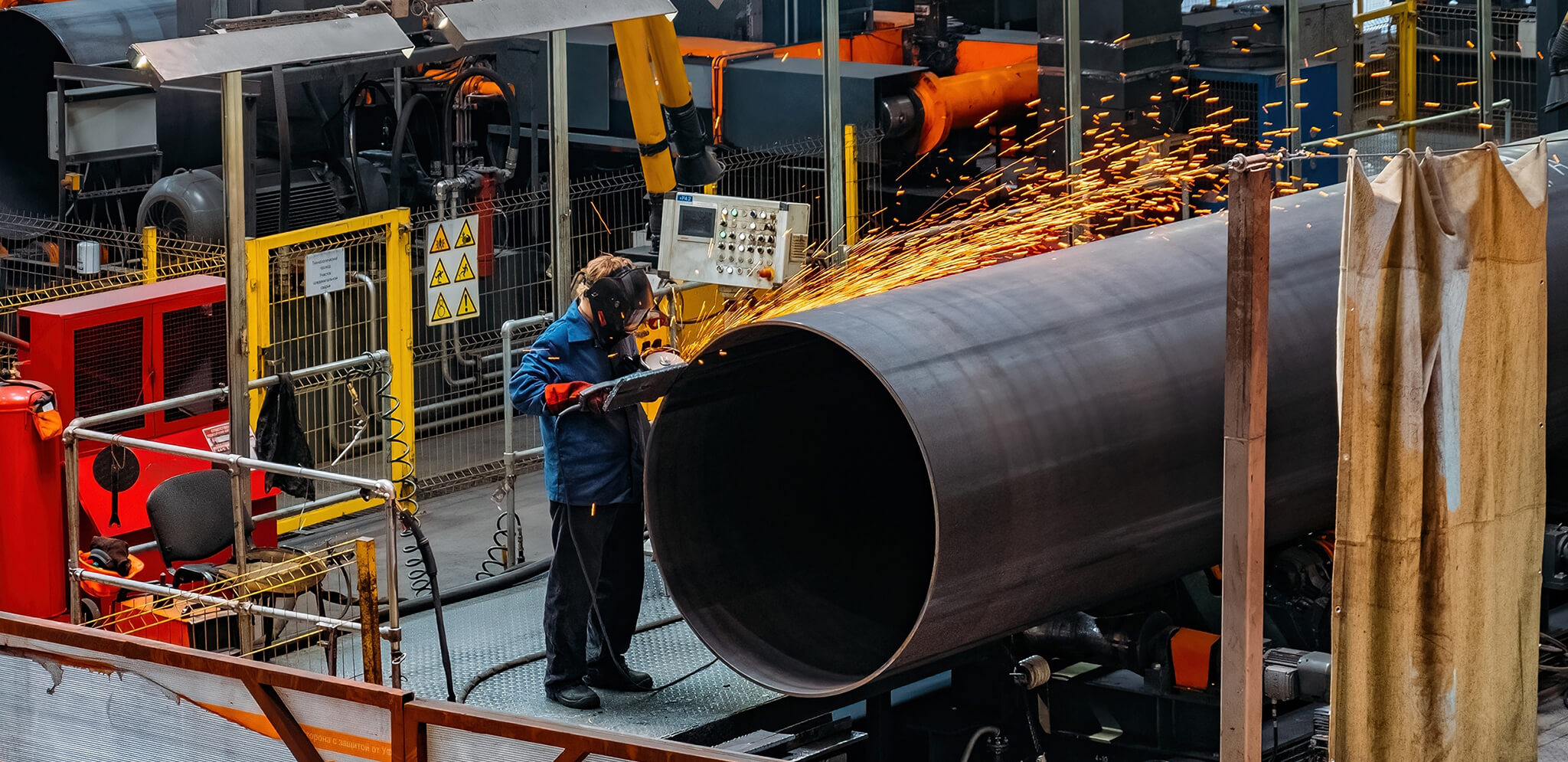Choosing the right sewer pipe is critical when managing wastewater and ensuring a reliable drainage system. Whether you’re working on a new construction project, replacing old pipes, or repairing damaged ones, understanding the different types of sewer pipes available can help you make an informed decision. This article will explore various options, including 4×14 PVC sewer pipes, sewer pipe lining, sewer and drain pipes, and installation considerations.
Types of Sewer Pipes
1. PVC Sewer Pipes
Polyvinyl chloride (PVC) sewer pipes are among the most popular choices for residential and commercial projects. Known for their durability, lightweight nature, and corrosion resistance, PVC pipes are ideal for sewer and drain applications.
The 4×14 PVC sewer pipe, in particular, is a standard size used in many projects. Its 4-inch diameter is suitable for handling standard household wastewater, while its 14-foot length allows for fewer joints, reducing the potential for leaks. PVC pipes are also cost-effective and easy to install, making them a go-to option for many contractors.
Advantages of PVC Sewer Pipes:
- Long lifespan (up to 100 years in some cases)
- Smooth interior surface to prevent clogs
- Resistant to chemicals and root intrusion
- Lightweight and easy to transport
Considerations:
- Not ideal for high-temperature waste
- May become brittle in frigid climates
2. Cast Iron Sewer Pipes
Cast iron pipes have been used for decades and are known for their strength and durability. They are often found in older homes but are still used today in specific applications where noise reduction is a priority. Cast iron pipes are thicker and denser than PVC, which helps minimize the sound of water flow.
Advantages of Cast Iron Sewer Pipes:
- Extremely durable and long-lasting
- Fire-resistant
- Excellent noise suppression
Considerations:
- Heavy and difficult to install
- Susceptible to rust and corrosion over time
- More expensive than PVC
3. Clay Sewer Pipes
Clay sewer pipes have been used for centuries and are still utilized in some areas due to their natural composition and resistance to chemical erosion. These pipes are environmentally friendly but are more fragile than modern materials like PVC or cast iron.
Advantages of Clay Sewer Pipes:
- Resistant to chemical damage
- Eco-friendly and recyclable
Considerations:
- Brittle and prone to cracking under pressure
- Difficult to install and maintain
- Heavy and expensive compared to alternatives
4. Sewer Pipe Lining
For projects involving repairing existing sewer systems, sewer pipe lining is an innovative and cost-effective solution. This trenchless repair method involves inserting a flexible lining coated with resin into the damaged pipe. Once cured, the lining forms a new pipe within the old one.
Advantages of Sewer Pipe Lining:
- Minimal disruption to landscaping or property
- Cost-effective compared to complete pipe replacement
- Extends the lifespan of existing pipes
Considerations:
- Not suitable for severely collapsed pipes
- Requires specialized equipment and expertise
- May reduce the internal diameter of the pipe slightly
5. Concrete Sewer Pipes
Concrete sewer pipes are commonly used in large-scale municipal projects due to their strength and ability to handle high volumes of wastewater. They are often reinforced with steel to enhance their durability.
Advantages of Concrete Sewer Pipes:
- High capacity for large-scale systems
- Resistant to heavy loads and external pressures
Considerations:
- Susceptible to chemical corrosion over time
- Heavy and challenging to install
- Not commonly used for residential applications
Choosing the Right Sewer Pipe for Your Project
Selecting the appropriate sewer pipe depends on several factors, including the scope of your project, budget, local regulations, and soil conditions. Here are some key considerations:
1. Project Type
PVC sewer pipes are often sufficient for residential projects due to their cost-effectiveness and ease of installation. Concrete or reinforced pipes may be necessary for larger municipal or industrial systems.
2. Budget
PVC pipes are generally more affordable than cast iron or clay alternatives. However, if you’re repairing existing lines, sewer pipe lining can save significant costs compared to complete replacement.
3. Environmental Factors
Consider soil conditions, temperature extremes, and potential chemical exposure when selecting a material. For example, clay pipes resist chemical damage but are brittle in unstable soil.
4. Longevity
If you’re looking for a long-term solution, materials like PVC or cast iron can provide decades of reliable service when properly installed.
5. Installation Requirements
Some materials, like cast iron and concrete, require specialized equipment and expertise due to their weight and complexity. PVC pipes, on the other hand, are lightweight and easier to handle.
Sewer Pipe Installation Tips
Proper installation is essential for the longevity and performance of your sewer system. Here are some best practices:
- Plan Ahead: To ensure proper slope and alignment, map out your sewer line layout before starting installation.
- Use Quality Materials: Invest in high-quality pipes and fittings to reduce the risk of leaks or failures.
- Ensure Proper Slope: A consistent slope is critical for adequate wastewater flow. The general rule of thumb is a drop of 1/4 inch per foot.
- Secure Connections: Use appropriate adhesives or couplings to ensure watertight joints.
- Test the System: Before backfilling trenches, test your sewer lines for leaks or blockages.
Conclusion
Understanding the types of sewer pipes available can help you choose the best option for your specific project needs. Whether you opt for a 4×14 PVC sewer pipe for its affordability and ease of use or explore trenchless solutions like sewer pipe lining for repairs, each material has its unique advantages and considerations.
By evaluating the budget, environmental conditions, and project scope, you can ensure a reliable and efficient sewer system that meets your requirements. For assistance with installation or repairs, consult a professional contractor specializing in sewer and drain pipe systems.

